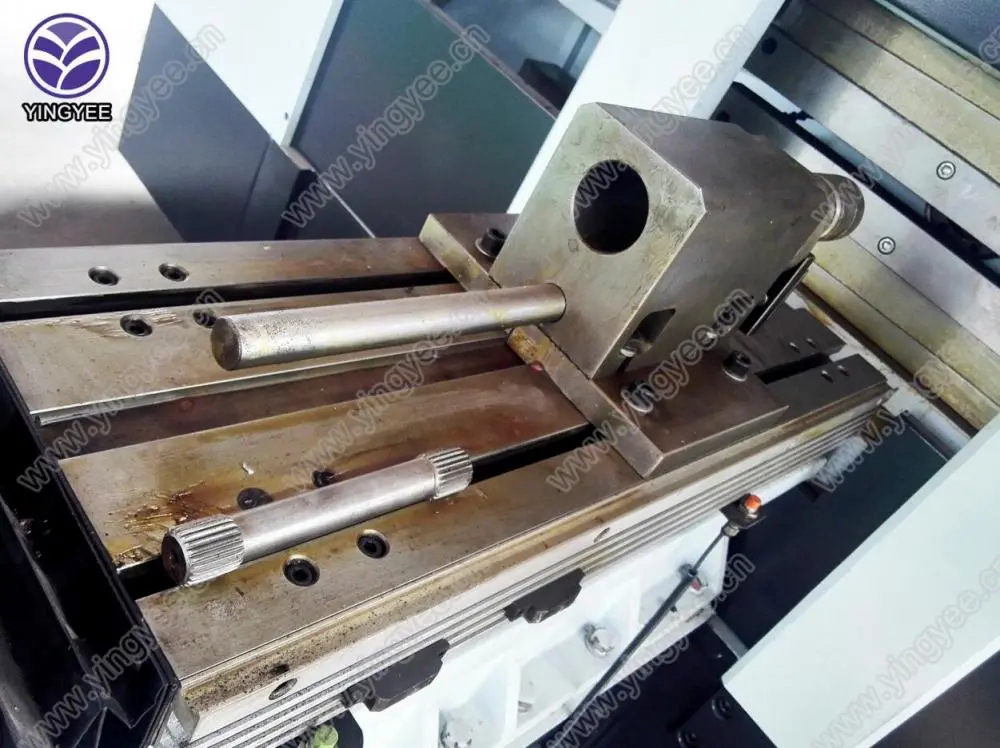
The Importance of Guard Rail Forming Machines in Road Safety
In the realm of infrastructure development, road safety has become an increasingly critical concern. One of the essential components of modern road safety measures is the guard rail, which serves as a protective barrier along highways and roads. To meet the demand for these vital safety features, guard rail forming machines have emerged as indispensable tools in manufacturing processes. This article delves into the importance, functionality, and technological advancements of guard rail forming machines.
Understanding Guard Rails
Guard rails, also known as barriers or crash barriers, are structures placed along the edges of roads and highways. Their primary function is to prevent vehicles from veering off the road or into oncoming traffic. By absorbing the impact of collisions, guard rails significantly reduce the risk of severe injuries and fatalities among drivers and passengers. Consequently, the need for high-quality, durable guard rails has led to the development of specialized equipment for their production, including guard rail forming machines.
Functionality of Guard Rail Forming Machines
Guard rail forming machines are designed to convert raw materials, typically steel, into various shapes and profiles to meet specific safety standards. These machines utilize advanced technology to perform multiple functions, including cutting, bending, and welding, ensuring that each guard rail produced is structurally sound and able to withstand the forces of vehicular impact.
The process typically begins with the feeding of steel coils into the machine, where they are unwound and fed through rollers that shape the metal into the desired profile. The machine can produce different types of guard rails, such as W-beam, thrie-beam, and semi-rigid barriers, each designed for specific applications and levels of impact resistance.
Technological Advancements

Recent innovations in guard rail forming machines have revolutionized the manufacturing process. Modern machines are equipped with computer numerical control (CNC) systems, allowing for precise shaping and enhanced efficiency. These CNC systems enable manufacturers to produce guard rails with minimal human intervention, reducing labor costs and increasing output rates. Furthermore, the integration of automation and robotics has allowed manufacturers to achieve higher consistency and quality in production.
In addition to improved efficiency, advancements in materials science have enabled the construction of guard rails with enhanced durability and resistance to environmental factors such as corrosion. Many modern guard rails are now treated with protective coatings or constructed from stainless steel or other weather-resistant materials, ensuring a longer lifespan and reduced maintenance costs.
The Role of Guard Rail Forming Machines in Road Safety
The production of high-quality guard rails is crucial to road safety, and guard rail forming machines play a vital role in this process. By ensuring that guard rails meet stringent safety standards, manufacturers contribute to the overall safety of road networks, protecting both drivers and pedestrians.
As traffic volumes continue to rise and urban areas expand, the demand for effective road safety solutions, including guard rails, will only increase. Guard rail forming machines, with their advanced capabilities and efficiency, will play a central role in meeting this demand, ensuring that roads remain safe and reliable for all users.
Conclusion
In conclusion, guard rail forming machines are essential in the manufacturing of one of the most critical components of road safety infrastructure. With continuous advancements in technology and materials, these machines not only improve the efficiency of guard rail production but also enhance the safety features that are vital for protecting lives on the road. As we move toward a future with increasingly complex transportation needs, the importance of reliable guard rail forming machines cannot be overstated. They not only symbolize progress in manufacturing but also stand as a testament to our commitment to road safety.